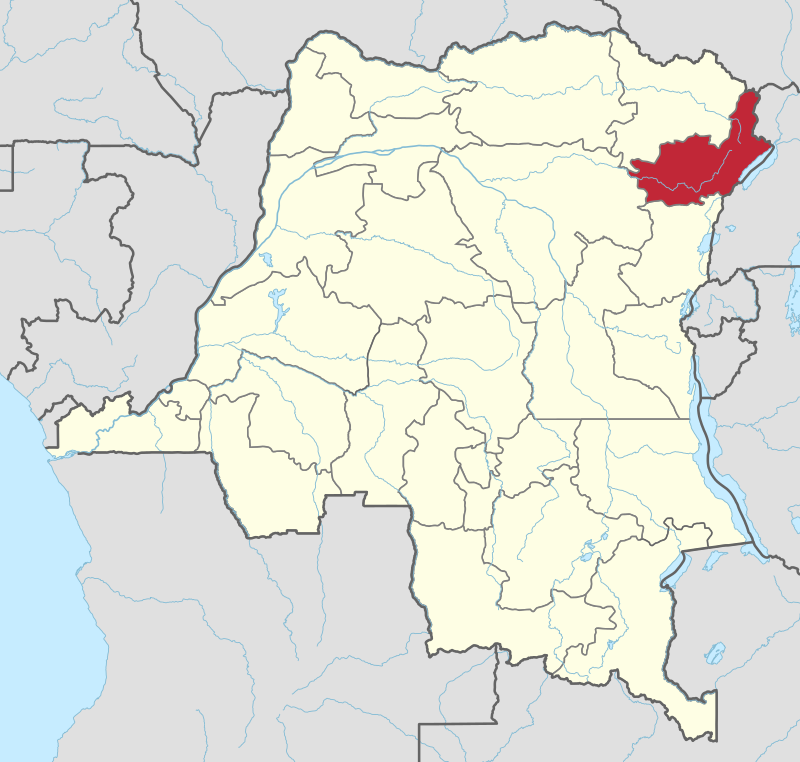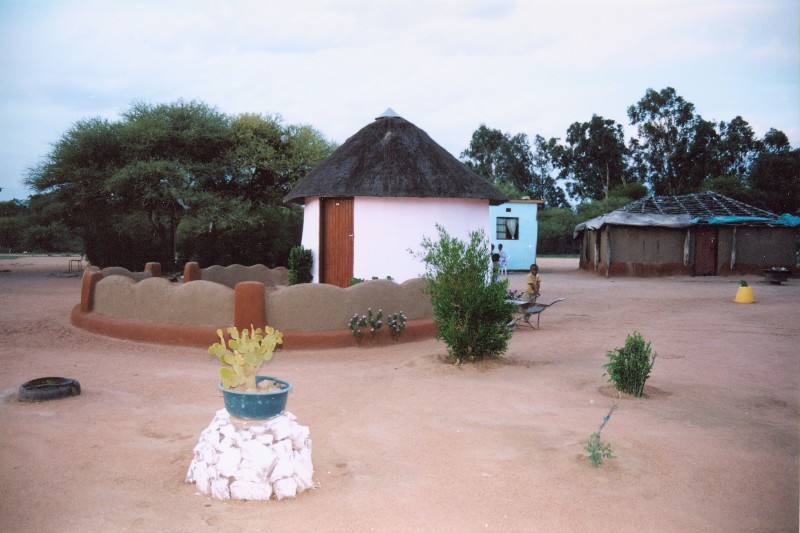Faithful rule-of-thumb in travels: the richest stories lie in the side streets, the smoky recesses of courtyards and tea stalls. My Sunday meander down an alley in Phnom Penh ran true to form. Having heard the account of a young Khmer musician’s love of a grandfather (see previous post), I waited in a church anteroom until the Anglican priest emerged from a counselling session. Dressed in mufti (he was a working man, even on the sabbath) he ushered me into his office as we began to visit. The hideaway setting sheltered from the city thoroughfares gave promise.
I sensed this Khmer version of a pastoral ‘speakeasy’ – where anguished whispers named not illicit drink, but the horrors of genocide – could be a blockbuster with hangover effects. Could the healer of souls describe his country’s yearning to get past the nightmares of the Killing Fields, I ask? He responded by telling his own story.

Orphaned at the age of ten, (he left me to conclude that his parents had disappeared into the maw of genocide), but lucky to have survived, he was taken in by an uncle who sent him off to primary school at age 18. With the rudiments of an education in hand, he was hired into the ‘police service’ and detailed to the Thai border area to fight the remnants of the now-ousted Pol Pot regime. His character and prowess won him a commission in the elite unit assigned as bodyguards for Hun Sen, prime minister of Cambodia since 1985.
Through the influence of an aunt in Illinois, says the priest, he enrolled in studies for the Anglican ministry. That has brought him to this side-street parish where he is rather, now, the guardian of a flock of Christian faithful. But there is one member of his flock who cannot attend weekly services or receive the eucharist with others. He is in prison. For crimes against humanity. On the streets where he is feared and loathed, he is known as ‘Duch’. In the dock he is called Kang Kek Iew, supervisor of the torture chambers of the Khmer Rouge and commander of the Killing Fields.
The Anglican priest and a colleague learned that Duch, now 75, had undergone a spiritual reckoning with his grisly past. They have reached out to him in prison. There they discovered that he alone of the indicted Khmer Rouge leaders has acknowledged his barbarous acts, giving to the courts a full account of his role in the genocide, and expressing his grief at the incalculable suffering and losses.
I ask the priest if he has ever told Duch that he himself was orphaned by order of the very man he now visits in prison. No, says the priest. It would not ease their conversations. Duch has burdens enough. But, says the priest with a telling smile, he learned that Duch has a sweet tooth. He brings him candy on his visits.
The deepest story of human darkness lies now not just down a side street in Phnom Penh, but in the recesses of a prison. There beyond the reach of you and me is a ‘speakeasy’, a confessional, where cruelties beyond telling are whispered with the bitterest regrets.
Kyrie eleison.



Leave a Reply